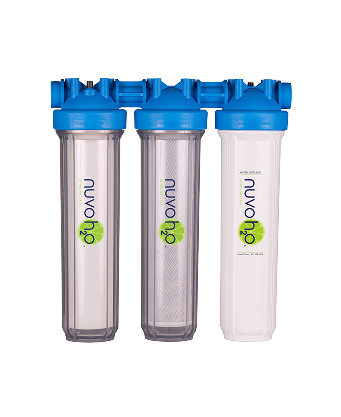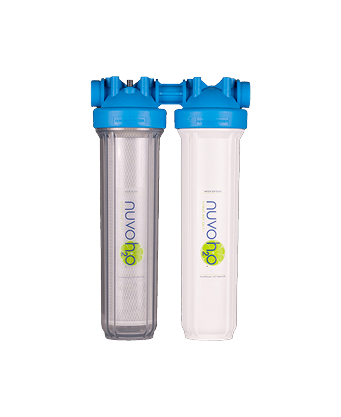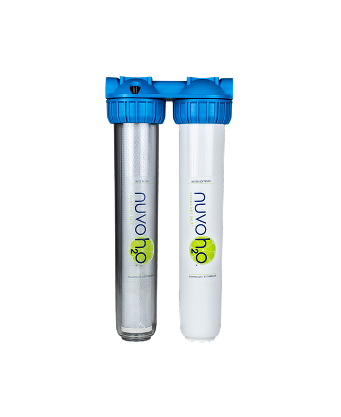
The Environmental Benefits of a Salt-Free Water Softener
18th Apr 2023
Water softeners are a common appliance in homes across the world. They help remove minerals like calcium and magnesium from hard water, making it easier to use and less damaging to plumbing fixtures. Traditional water softeners use salt to remove these minerals, but there is a new alternative that has emerged — salt-free water softeners. These systems use different technology to bind to minerals without the use of salt through a process called chelation. In this blog post, our team at NuvoH2O will discuss the environmental benefits of a salt-free water softener and how it can benefit both you and the planet. If you’re interested in adding a salt-free water softener to your home, our team is here for you! Get in touch with us to learn more about our water softener systems or purchase yours today.
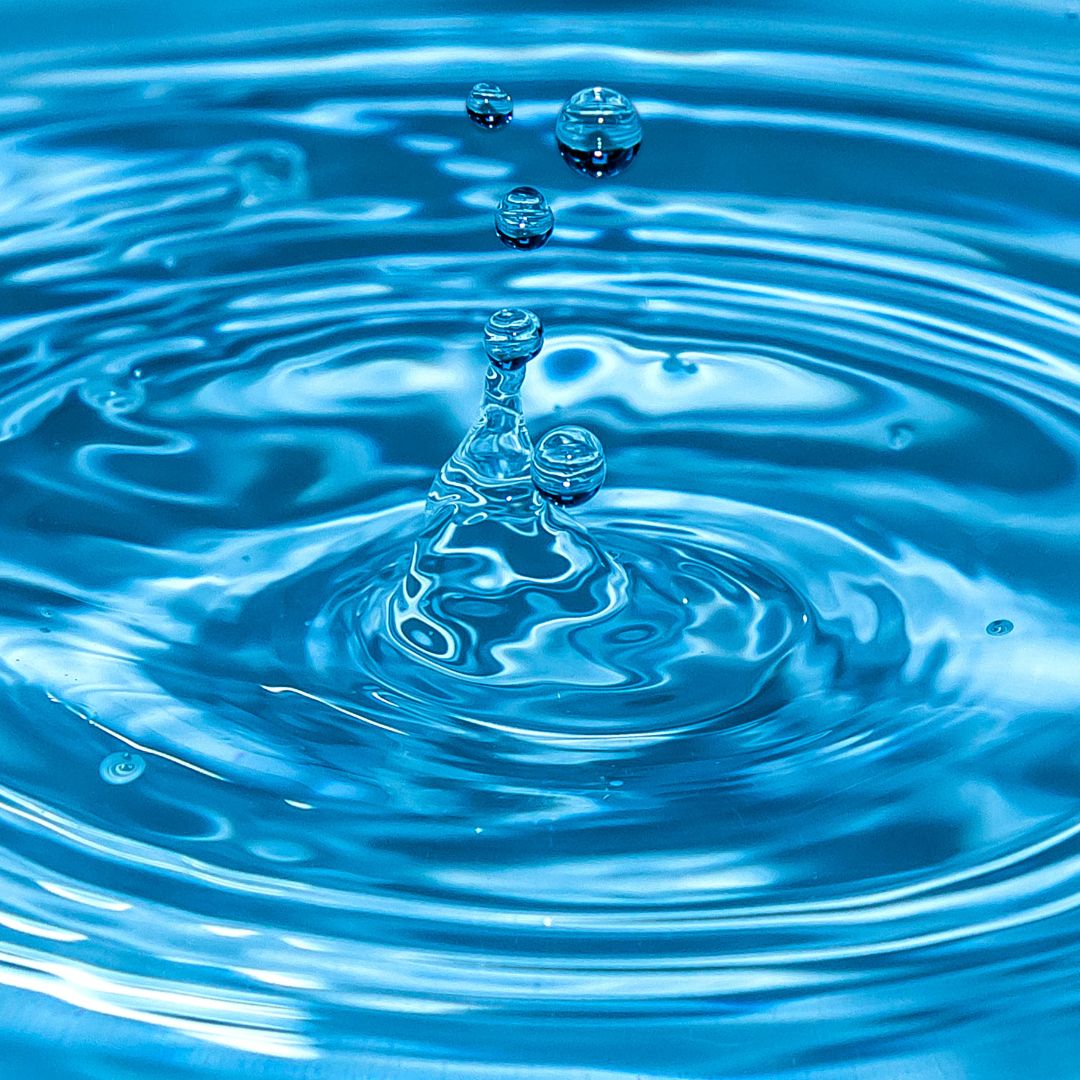
Reduces Water Waste
Traditional salt-based water softeners require a backwash process, where the system flushes out excess salt and minerals from the resin tank. This process uses a lot of water, which can lead to significant waste over time. Salt-free water softeners do not require a backwash process, resulting in less water waste. This means that you can conserve water and reduce your water bills. Water is an important resource, and conserving it helps to ensure that everyone has access to clean water.
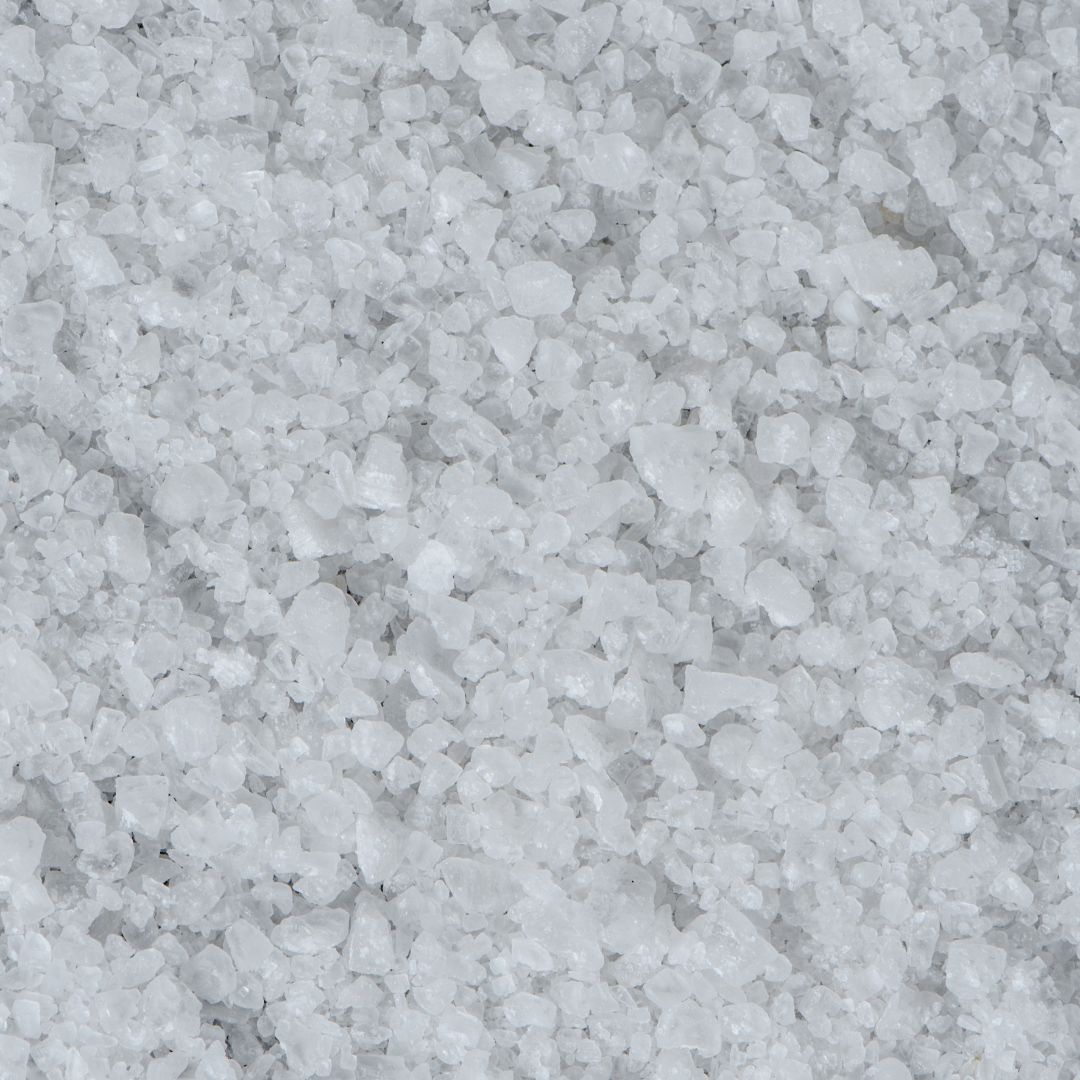
Reduces Salt Discharge
Traditional water softeners discharge a significant amount of salt into the environment, which can be harmful to plants, animals, and waterways. When the salty water is discharged into the sewage system, it can eventually find its way into rivers, lakes, and other bodies of water, leading to salinity problems. Salt-free water softeners do not use salt, so there is no discharge of salt into the environment. This is a significant environmental benefit that can help protect our natural resources.
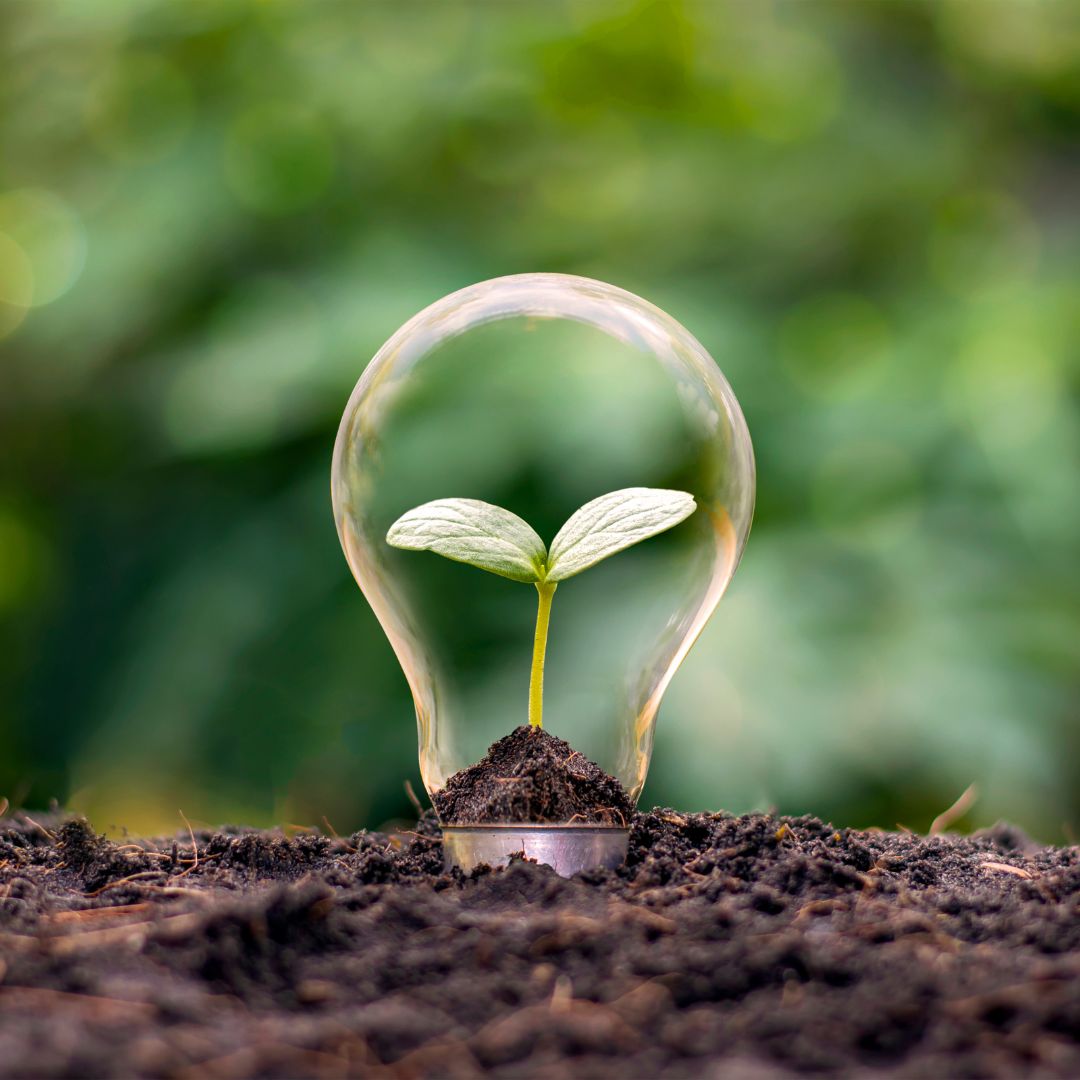
Reduces Energy Consumption
Salt-based water softeners require electricity to operate, and the backwash process also requires additional energy to pump and dispose of the wastewater. Salt-free water softeners require minimal energy to operate since they do not need to perform a backwash process. This can help reduce your energy consumption and lower your utility bills. Efficient water softener systems can also help to reduce your overall carbon footprint by using less energy, which is much better for the planet.
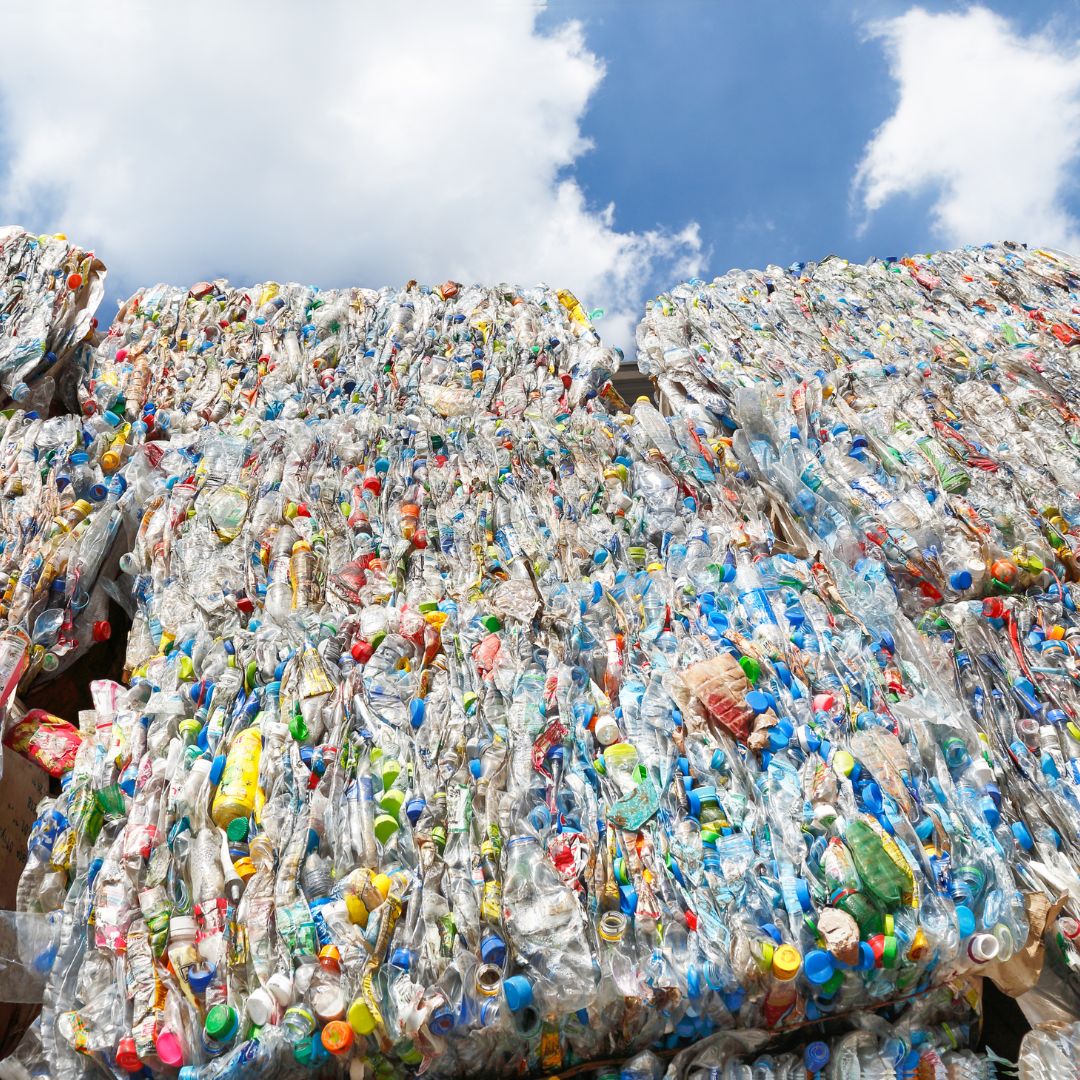
Reduces Plastic Waste
Traditional water softeners require bags of salt to function, and these bags come in plastic packaging. Typically, salt for salt-based water softeners needs to be replaced once a month, which can result in plastic waste. Over time, this can lead to a significant amount of plastic waste that can harm the environment. Salt-free water softeners do not require bags of salt, so there is no plastic waste associated with their use. This is another way that salt-free water softeners can help reduce your environmental impact.
Salt-free water softeners are an eco-friendly alternative to traditional salt-based water softeners. They can help reduce water waste, salt discharge, energy consumption, and plastic waste. If you're looking to reduce your environmental impact and save money on your water bills, a salt-free water softener from NuvoH2O may be the right choice for you. Not only will you be doing your part to protect the planet, but you'll also enjoy the benefits of soft water without the negative environmental consequences. NuvoH2O's salt-free water softeners are a smart and sustainable choice for your home and the planet. Get in touch with us to find a water softener system for your home today!

